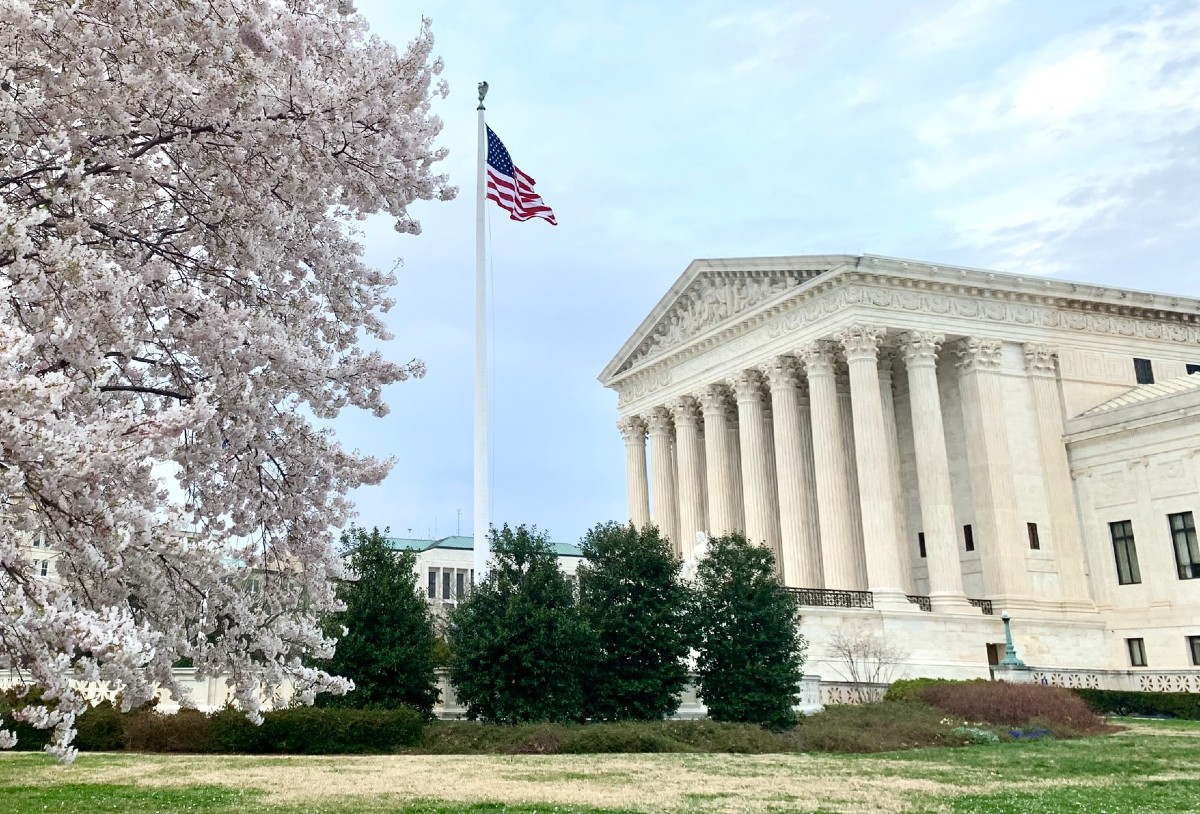By Andy Brack, editor and publisher | So the now-conservative U.S. Supreme Court, whose justices rail about judicial activism, now has butted into South Carolina politics with, you guessed it, activism.
 At issue: How to cast ballots safely in November in the Palmetto State. The S.C. General Assembly recently voted to make it a little easier for state voters to cast ballots early in this coronavirus pandemic year by allowing anyone to vote absentee, thus dropping a list of reasons voters usually have to turn to if they want to vote early.
At issue: How to cast ballots safely in November in the Palmetto State. The S.C. General Assembly recently voted to make it a little easier for state voters to cast ballots early in this coronavirus pandemic year by allowing anyone to vote absentee, thus dropping a list of reasons voters usually have to turn to if they want to vote early.
But lawmakers in the GOP-dominated legislature didn’t drop a requirement from 1953 that the voter must have a witness to sign a mail-in ballot for it to be valid — even though such a requirement wasn’t in place earlier this year during primary elections. By ignoring a Democratic push to remove the witness signature requirement in the general election because of the pandemic, the whole mess wound up in the courts. The state Republican Party fought hard to preserve the witness signature requirement with arguments about election security and integrity, a spurious bogey-monster because there have been virtually no cases of voter fraud here.
U.S. District Judge J. Michelle Childs of South Carolina last month said the witness signature requirement likely would be confusing or deter voters as well as boost risk to exposure to coronavirus. She put the requirement on hold for the presidential election, only to have a three-judge appellate panel reinstate the requirement. And then, to add to the drama, the full U.S. Court of Appeals for the Fourth Circuit reversed the appellate ruling and put the requirement on hold again.
Finally, the U.S. Supreme Court got into the fray with an emergency order which, as is typical, wasn’t explained. But according to the Associated Press, Justice Brett Kavanaugh, writing only for himself, “said it wasn’t for a court to second-guess the lawmakers’ decision to retain the witness requirement during the pandemic. And he said that for many years the Supreme Court has ‘emphasized that federal courts ordinarily should not alter state election rules in the period close to an election.’”
In other words, a Republican-dominated Supreme Court got actively involved to support a Republican-backed political effort to keep a requirement that would, as Childs rightly suggested, cause voter confusion, create barriers and chill the election process.
Bottom line: Republicans in South Carolina took active steps for the umpteenth time to support barriers to voting. We see it every election season when precincts get moved or there’s a new push for some kind of “election integrity measure,” the boldest of which in recent memory required much tougher voter identification at polling places.
College of Charleston political scientist Gibbs Knotts worries about the impact that this back and forth has on voters.
“I am in the camp that I care about election integrity and that we have to have confidence in our election system, but we need more people to vote, not less to vote, and we need to reduce barriers, not put barriers in the way,” he said.
From a public service perspective, he said, it was troubling that people who want to use mail-in ballots may now have an extra worry — whether the witness signature is done properly so their ballot count.
“We need to be making this easier, not harder,” Knotts said. “There should never be any question that your vote shouldn’t count.”
The S.C. Progressive Network’s Brett Bursey, a longtime activist pushing for more election transparency and easier voting, said whoever is in power generally wants to keep voting systems the same as they’ve always been, which in South Carolina means with hurdles.
“The intrangencies of incumbency,” he called it, saying incumbents often have “no reason to change the existing system with existing voters.”
- If you have questions about voting or need election information, you can contact the Election Protection Hotline at 866-OUR-VOTE (866-687-8683) or visit the S.C. Election Commission at www.SCVotes.gov.
Andy Brack is editor and publisher of Charleston Currents. Have a comment? Have a comment? Send to: editor@charlestoncurrents.com.




 We Can Do Better, South Carolina!
We Can Do Better, South Carolina!
























